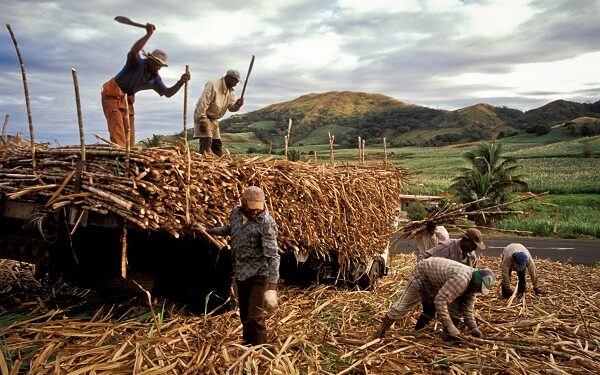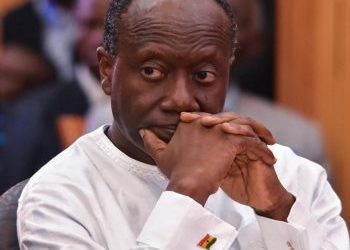The Programmes Officer for the Peasant Farmers Association of Ghana, Bismarck Owusu Nortey, says it is a bit unfair to blame only nature for challenges of the dry spell that has hit Northern Ghana.
He asserted that while nature has contributed to the challenge, leadership in the country has failed to adopt measures in addressing issues of climate change and change in environmental patterns.
Northern Ghana is currently experiencing a severe drought that has sparked widespread concerns about food security and the livelihood of thousands of farmers.
The region has been without rain for over two months, with the extended dry spell affecting crop growth.The situation has also left farmers with little hope for a successful harvest.
To help address the challenge, the government has placed a ban on the export of staples such as rice, maize, groundnuts, and millet.
An amount of GHC8 billion has also been allocated to assist affected farmers.
Reacting to the issue, Mr. Owusu Nortey said several countries adopted new strategies in dealing with new weather patterns and climate issues to prevent a situation like that of Ghana, but we seem relaxed and not taking proactive measures.
‘’I think it is a bit unfair to blame only nature for our crisis. It is factual that over the past two years, climate change has been severe and the weather has become unpredictable. In periods when you expert the rains, you don’t get it. And when you don’t expect the rain, that’s when it falls, so you can in a way blame nature. But leaders across the world have adopted new measures in dealing with the problems associated with climate change. So our leaders must also adopt measures to deal with the climate crisis.
In Ghana, we have the tropics, and our reliance on rainfall is not effective. There were a lot of opportunities for us to have implemented irrigation schemes and take them seriously like other countries. However, we failed to do that. We paid a lot of lip service to our problems.’’
He also wondered why the one village, one dam policy has not come in handy in the face of the dry spell in the north, saying ‘’the government claimed to have constructed 574 dams, with each dam costing not less than GHC175 million. If we could invest such an amount into the dam project and just about two months of no rain we cannot benefit from the dams, then we have wasted state resources’’.
He also expressed his disappointment in the failed Pwalugu dam project.
“With an estimated $1 billion invested in the project, we have wasted money. The overall investments into these projects are about $11 billion, and if we cannot benefit from the dams and projects, then we have wasted state resources.‘’
“Even though nature can change and create some problems for us, we are also at fault. Our leaders failed to be proactive. Burkina Faso, which is an unstable country, has managed to put in place measures to ensure that at any point in time, they have water. The weather in Burkina Faso is harsh, but they are able to produce tomatoes. Niger also has harsh weather conditions, but they are able to produce onions for us to go and import. It means that nature is not the only excuse because other countries are adopting measures to mitigate the weather conditions.
But in Ghana, we are only interested in talking, wasting resources on unrealistic projects. So upon all these so-called investments, we are back to square one.’’He described the situation as shocking and challenged our leaders to be proactive and ensure that the projects we use state resources for should have long-term benefits.”










Discussion about this post